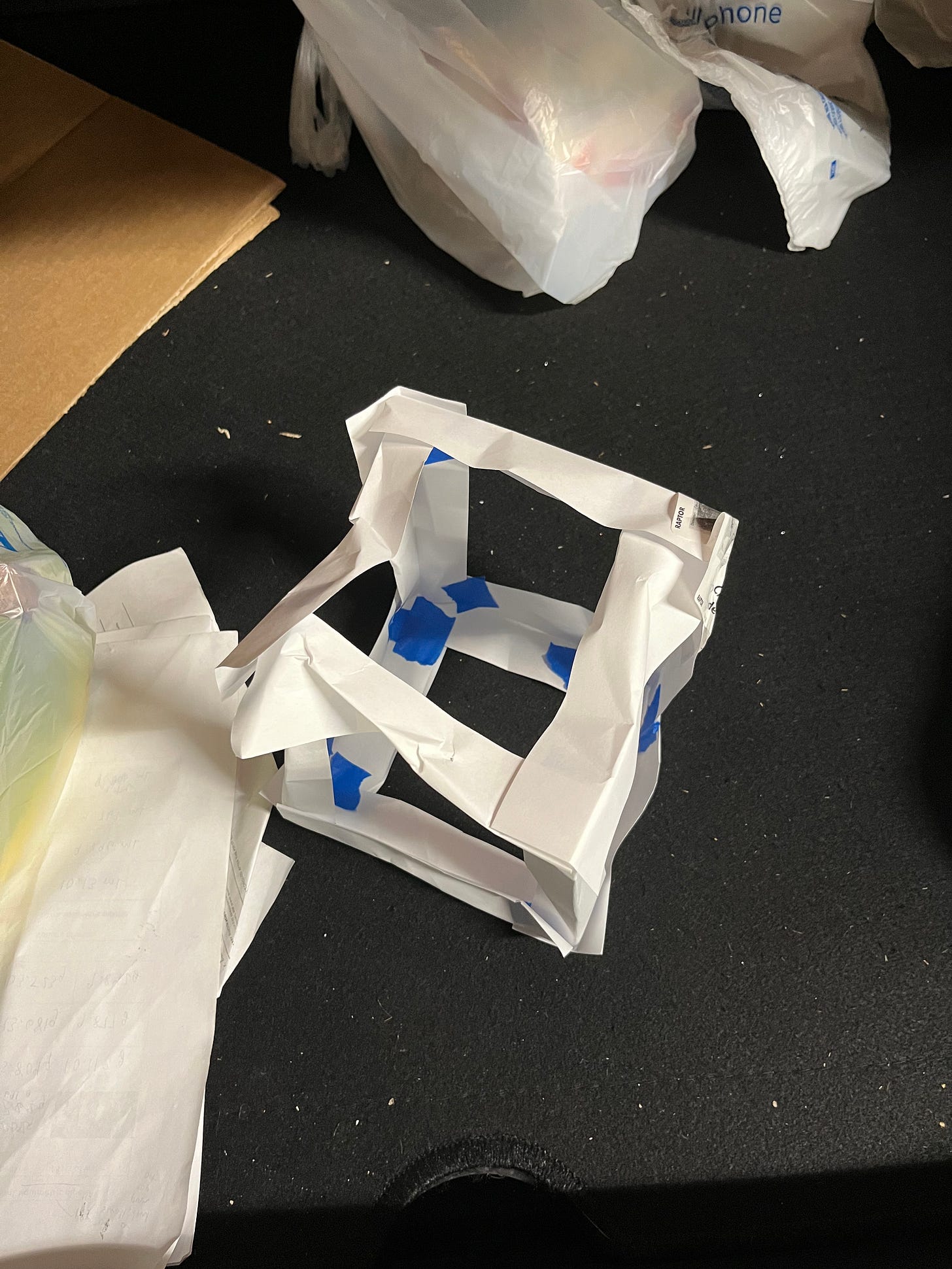Exposure is the foundation of success. It comes in many forms, most of which are subtle and many of which are taken for granted. A personalized Instagram feed, the friends you hang out with, or a professor’s office hours can all make up your information diet. This is super important in understanding perspective and the detrimental effects of a lack of exposure.
Information diet - the lifeline to your personality. Anything you look at, hear, taste, or get stimulated by. If you consume it, it changes the way you think.
Now exposure, as I view it, is made up of unstructured education and structured education. Unstructured education is largely unpredictable and everything outside the classroom, while structured education is academic and typically mandatory.
An ideal classroom is a safe haven for discussion and current information. It should provide the building blocks to learning how to learn and most importantly be an empowering environment where students can contradict each other.
I had the privilege to teach at Odom Elementary for these past few months and create lesson plans oriented toward chemistry experiments. I realized how prevalent didactic learning is in the classroom— even today. 3rd graders in my class completed worksheets as a form of assessment and usually consumed information for the majority of class time. Discussion is really important and we always encourage it which is great, but it's not enough.
Looking back on my own academic career, I wish there had been a bigger emphasis on value creation sooner. Sitting in a seat for an hour and listening is a life skill, it builds patience, resilience, and grit, but it shouldn’t take away from how much is learned through making something. Going through the mental struggle of brainstorming approaches, finding parts, and most importantly being resourceful is lost when the majority of schooling is didactic.
Being resourceful - Accepting the cards you're dealt with and still wanting to create something useful. It's a mindset that schools should be prioritizing.
Private schools, in my limited experience, act on this. Magellan International, a private school I am interning at, takes a more hands-on approach. They value physical collaboration in learning and prioritize giving students agency. A common misconception about maker spaces is that they are expensive. They don’t have to be. Patrick Benfield, Innovation Director; Sophia Pellegrini, Primary Innovation Teacher (my bosses); and our team had a lesson where 5th-grade students made buildings and furniture with scratch paper, scissors, and tape. They are learning how to be resourceful and create value.

Education, unstructured or structured, needs to be more trial-and-error based. After all, these kids are going to be leading the world in 10-15 years if not sooner. It's imperative that we teach them how to be curious and give them the most holistic exposure to the world.



